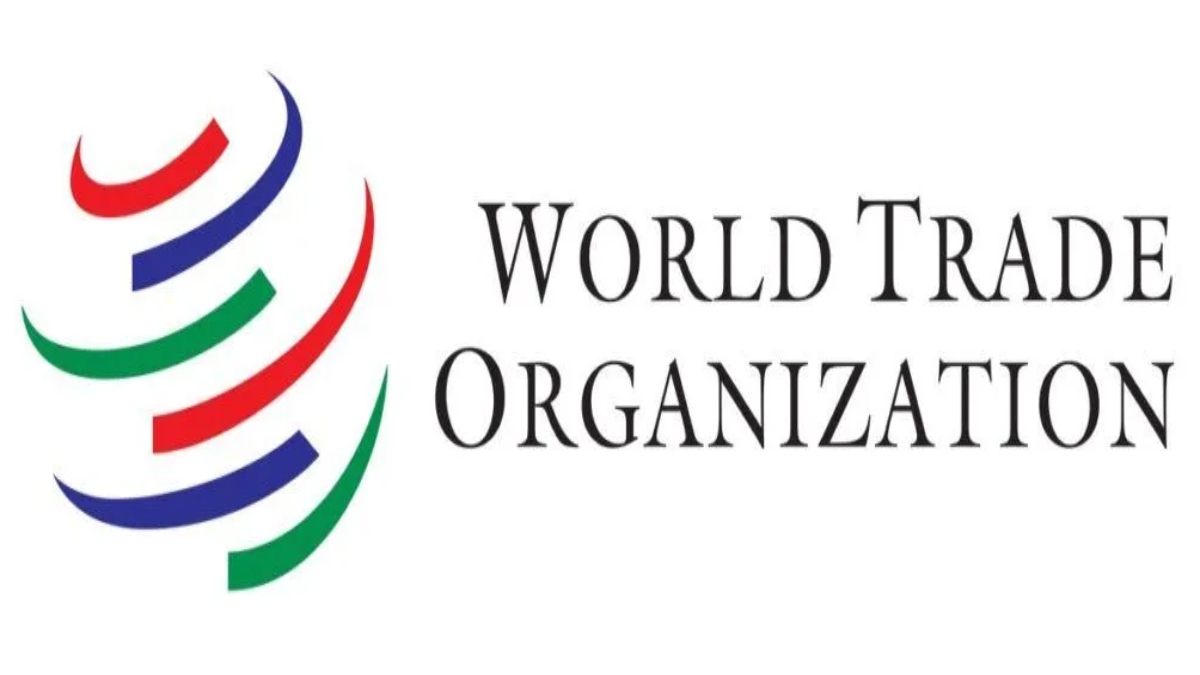
India has succeeded in bringing the World Trade Organization (WTO) around its concerns over Trade-Related Aspects of Intellectual Property Rights (TRIPS) and fisheries in the recently concluded WTO 12th Ministerial Conference in Geneva. To top it all, like an icing on the cake, the country managed to achieve all the proposed outcomes. The feat was achieved despite a strong global campaign against its farmers and fishermen.
Speaking to the media after the conclusion conference here, Union Commerce Minister Piyush Goyal on Friday said, “Few countries attempted to create a false campaign initially on Sunday and Monday that India is obstinate due to which no progress is being made. The real situation has emerged before us all, the issues raised by India, on which Prime Minister had asked
us to focus upon, now the whole world acknowledges that was the correct agenda and ultimately India played a vital role in arriving at all solutions.” The minister said India stood its ground on MSMEs, farmers and fishermen.
The Indian delegation leveraged India’s strong relationship with the world, which the Prime Minister Narendra Modi has nurtured over the last few years, the minister further added. A total of eight landmark decisions were made in the 12th Ministerial Conference, after seven years, which concluded on Thursday June 16.
One of the most remarkable outcomes for the country is an agreement on TRIPs, which was a very difficult decision to make for many countries. Officials said the agreement would boost vaccine equity, accessibility and affordability and enable ease of authorisation for production of patented vaccines. This in turn will go a long way in dealing with pandemics in an effective manner.
Another landmark was an agreement on illegal fishing, without compromising the interests of fishermen of the country. This include check on illegal fishing in Indian waters and elsewhere, no restriction on subsidies for fishing within India’s Exclusive Economic Zone (EEZ) and for fishing outside EEZ in the area of competence of a Regional Fisheries Management Organisations (RFMOs) and very strict controls on overfished areas so that fish stocks are restored.
A tangible fallout of the WTO ministerial negations is that it has enhanced India’s image. From a deal breaker to a deal maker, India is being seen as a trusted global partner now. “Our growing international stature is also a build-up to our G20 presidency this year. The PM has also been invited to attend the upcoming G7 summit in Germany,” an official said.
According to officials, what helped India at the negotiation table was its relations with the world that have helped build deep alliances, friendships and partnerships across the world. India has already signed FTAs with countries like UAE and Australia and negotiations with EU, UK and Canada are at an advanced stage. The country is set to launch FTA negotiations with the EU at Brussels.